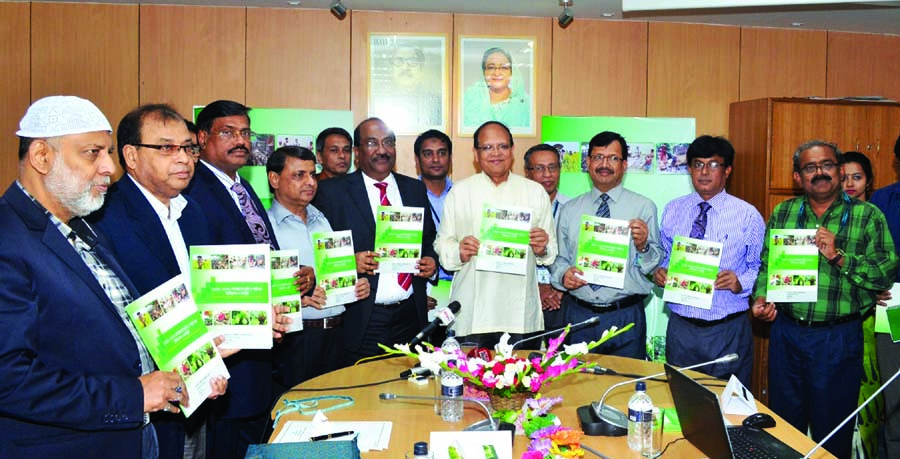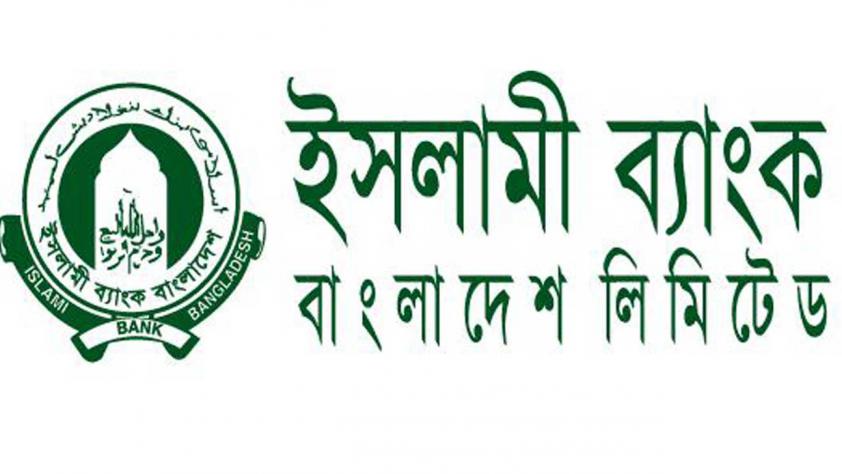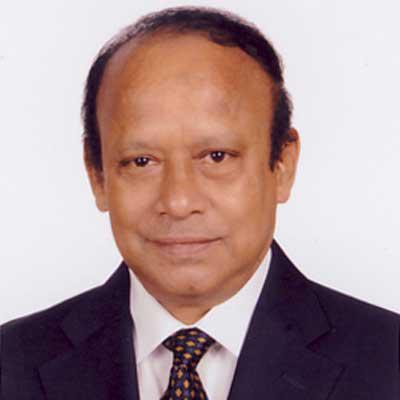The central bank's decision not to allow conventional banks to convert into Islamic banks has frustrated half a dozen lenders.
Even conventional banks, which were earlier permitted to open branches or windows for Islamic banking, are not allowed to do it anymore.
Bangladesh Bank will not entertain their demand, SK Sur Chowdhury, deputy governor of Bangladesh Bank, said yesterday.
The banks that are now awaiting the licence to become Islamic Shariah-based banks should have taken their original permits as Islamic banks instead of conventional ones, he said.
Six conventional banks -- IFIC, Jamuna, NCC, Standard, Southeast and the newly-established South Bangla Agriculture -- have applied to the central bank to become full-fledged Islamic banks, according to BB officials.
Some of the applications have been pending for more than two years now.
At present, there are 54 scheduled banks in the country, of which eight are full-fledged Islamic banks.
In addition, eight conventional banks have 19 Islamic banking branches and some others have Shariah-banking windows.
Officials of conventional banks said there are a number of reasons behind the rush for conversion into Islamic banking.
First, Islamic banks get easy deposits that are the major source of funds for banks in Bangladesh.
Interest is banned in Islam and many depositors keep their money with the Islamic banks without interests.
The Islamic banks also have to keep a less statutory liquidity ratio: only 11.5 percent against 19 percent for conventional banks.
As a result, Islamic banks have more investible funds than other types of banks.
Also, an Islamic bank can invest Tk 90 against every Tk 100 deposit. In case of conventional banks, it is Tk 82 per Tk 100.
Islamic banks' growing profitability is also encouraging conventional banks to adopt the Shariah model, bankers said.
In 2014, the net profit of Islamic banks rose 10.4 percent year-on-year.
In contrast, the net profit of the overall banking sector declined 17.3 percent during the year, mainly because of huge provisioning requirements for soured loans.
The return on asset and the return on equity, the two major indicators for measuring profitability, are also higher in Islamic banks than the conventional ones.
BB data shows the ROA of the Islamic banking industry was 0.8 percent in 2014 compared to the overall banking industry's 0.7 percent.
The ROE of Islamic banks stood at 11.5 percent, which is higher than the industry average -- 8.1 percent.
“Islamic banks practise need-based banking modelled on risk-sharing. Also, our investments are highly supervised,” said MA Mannan, managing director of Islami Bank Bangladesh Ltd (IBBL), explaining the reasons behind the growth of Islamic banks.
Kazi Akram Uddin Ahmed, chairman of Standard Bank, was surprised to learn about the BB restriction as many western countries are adopting and expanding Islamic financing.
“I don't know why we are not getting the permission to run as an Islamic bank. We have applied for the permission more than two years ago,” Ahmed said.
Top officials of IFIC, Jamuna, NCC and Southeast banks echoed the same.
News:The Daily Star/29-Jul-2015




 Bangladesh Bank Governor Dr Atiur Rahman poses with the declaration paper of agricultural and rural credit policy with a disbursement target of BDT 164 billion for fiscal year 2015 at the central bank in the capital on Monday.
Bangladesh Bank Governor Dr Atiur Rahman poses with the declaration paper of agricultural and rural credit policy with a disbursement target of BDT 164 billion for fiscal year 2015 at the central bank in the capital on Monday.
